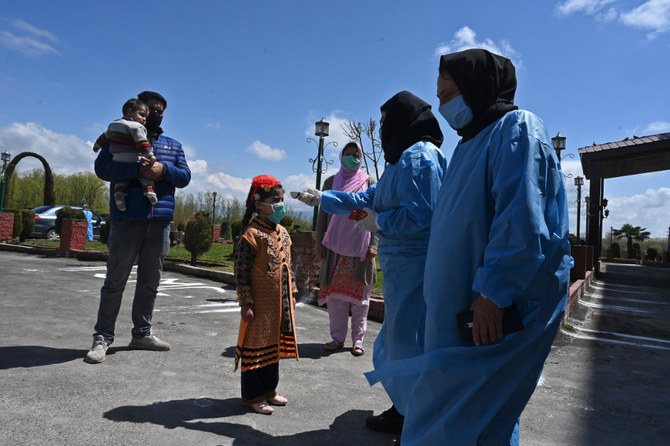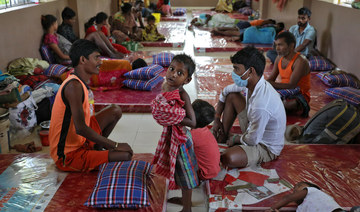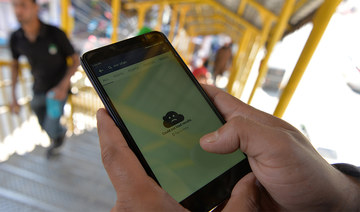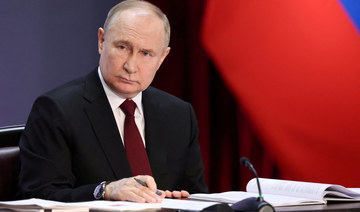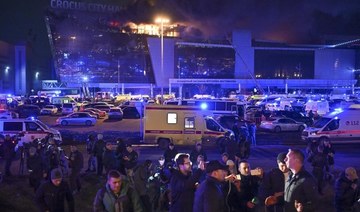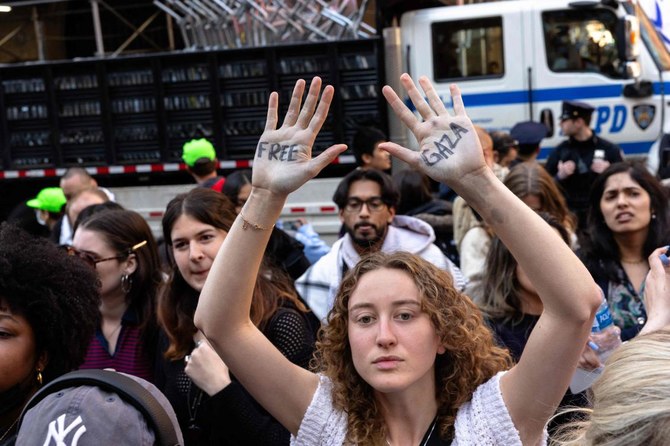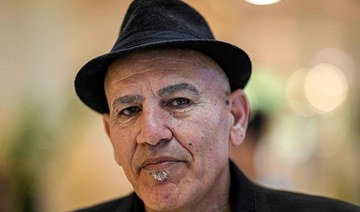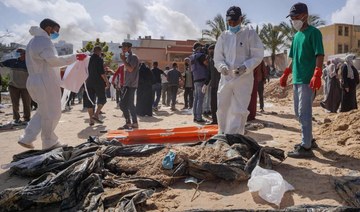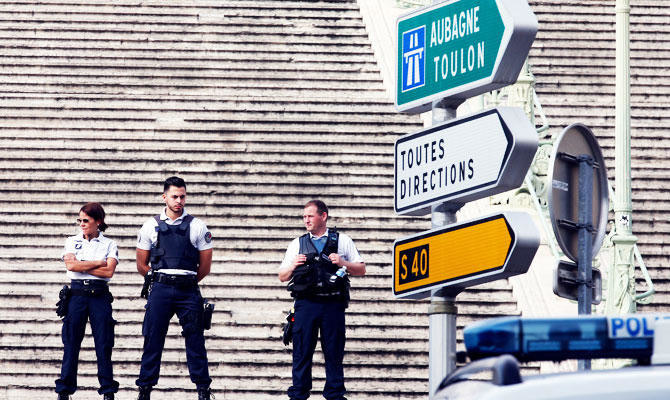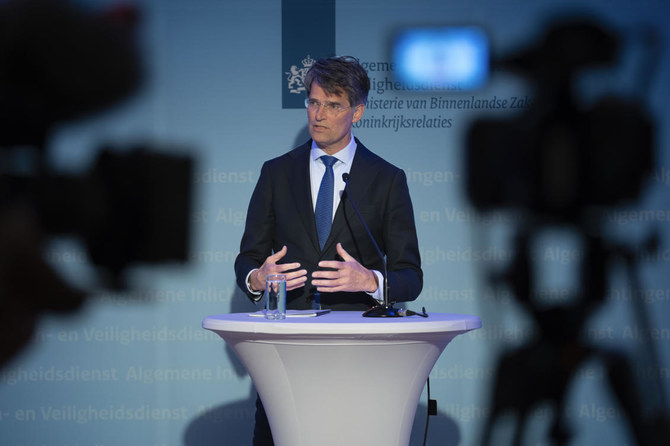NEW DELHI: Dr. Sanjibani Panigrahi has always taken pride in being a doctor. As a medical professional and psychiatrist, she is used to being treated with respect. However, this has changed since concern about the coronavirus disease (COVID-19) spread across the country.
“Today, I don’t feel comfortable revealing my profession to a property dealer and unknown people lest I’m denied the space in the new housing society where I’m trying to move in,” said Dr Panigrahi, who works at a city hospital in Surat, in the western state of Gujarat.
She says the problem began on March 23 when people from her residential locality denied her access to the gated community which she lives in, for fear that she may be a virus-carrier due to her profession.
“I don’t even deal with the virus-affected patients in the hospital. They threatened me. I was shocked that the people who never had any problem with me suddenly started treating me as a pariah,” Dr Panigrahi said, adding that soon after the incident, she started looking for a new home elsewhere.
To raise awareness on the topic, she tweeted about her experience on March 23 and tagged Prime Minister Narendra Modi in the post.
It led to the intervention of a local legislator from the ruling Bhartiya Janata Party (BJP) who addressed the issue and assuaged the fears and anger of the residents.
That, however, was not enough to allay Dr Panigrahi’s fears who says she “still feels the tension” from people around her.
“Earlier, people would easily provide a rented house to a medical professional, but now I feel uncomfortable in revealing my identity lest they don’t give me space,” she said.
Dr Panigrahi is not alone in feeling this.
In the past ten days there have been several complaints from doctors, nurses, and other healthcare professionals who said they felt stigmatized or shunned by others for fear of being infected.
“People identify us by our dress. We always felt proud walking on the street. But now landlords ask us to vacate our houses. They believe that the doctors are carriers of the coronavirus,” a junior doctor from the MGM hospital in Warangal, a district in the southern state of Telangana told Arab News on the condition of anonymity.
Nursing staff from other hospitals shared similar experiences.
“My landlady would usually interact with me when I returned from the hospital, but these days she won’t look at me. She has indirectly asked me to vacate the house,” said Latha Kumari, a Chennai-based nurse.
Several doctors and nurses working at the All India Institute of Medical Sciences (AIIMS), a premier medical institute in the national capital of New Delhi, also complained of forced evictions.
It led the Resident Doctors’ Association of the AIIMS to appeal to the prime minister on March 24 “to release an order prohibiting landlords/owners from evicting the tirelessly working doctors and other healthcare professional from rented houses.”
The doctors’ association from the western state of Maharashtra has also flagged the issue.
“We are doing the work regardless of personal safety and have been at the receiving end,” Avinash Bhondwe, from the Maharashtra chapter of New Delhi-based Indian Medical Association (IMA), said. “The fear is such that doctors’ clinics in residential areas in cities like Pune have been asked to shut. Recently a hospital was forced by the local people to shut down after a patient was found to be carrying coronavirus.”
PM Modi reacted to the issue on March 25 when he said he had “received news from some quarters that has deeply hurt me. I appeal to all citizens, if you see ill-treatment being meted out to any medical staff, please go there and make people understand what they are doing is wrong.”
He said that “in this time of crisis, any person wearing a white coat in a hospital is an incarnation of God. It is these people who are saving us all from death. They are putting their lives in danger to do so.”
Dr Loveleen Mangla, of Noida-based Metro Hospital and Cancer Institute, said that the treatment meted out to doctors and frontline workers has been nothing short of “disgusting.”
“It is really disgusting to see all these reports of social discrimination that I have never seen before. We are also putting our lives in danger by treating coronavirus-infected people”.
“Many of my colleagues working in different hospitals are also quarantined because they got infected attending to patients. This is our job to look after the people. We cannot say no,” said Mangla, who is a pulmonologist. “The panic due to the virus is causing this abnormal behaviour among some people. Many have got cured of this virus because of our efforts and people should understand that.”



